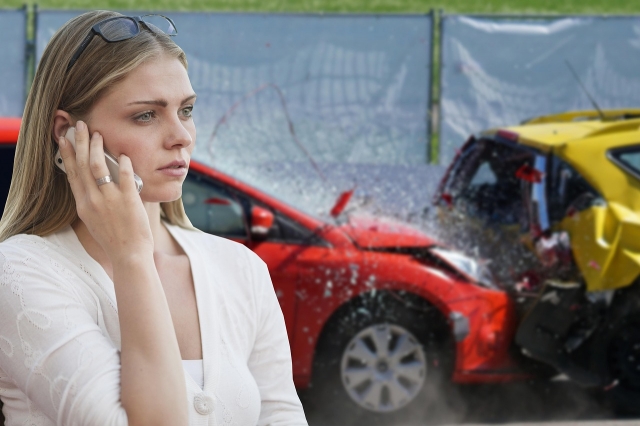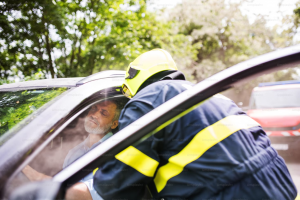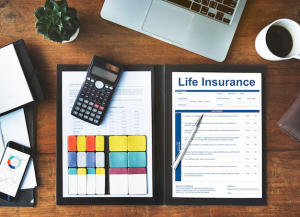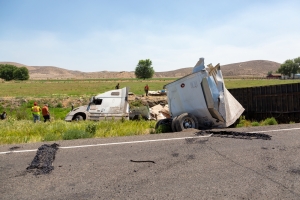Nobody plans for it.
You're halfway through a podcast, traffic's steady, and then—out of nowhere—the jolt. Metal against metal. Your stomach drops. For a moment, it feels bigger than it is.
The good news? Most accidents are “minor” by definition. They don't total your car, they don't send you to the ER, but they still leave you rattled.
According to the National Highway Traffic Safety Administration (NHTSA), millions of these low-impact collisions happen every year. Most don't make headlines. But each one leaves drivers wondering: what's the right move now?
Here are six steps worth remembering when the dust settles.
Step 1: Check on People Before Cars
It's easy to whip your head around to check the damage.
That instinct is strong. But the smarter move is to look at yourself and your passengers first. Are you dizzy? Is your neck stiff? Anyone else shaken?
You'd be surprised how often people skip this. And here's the kicker: whiplash symptoms sometimes don't show up until hours later. The CDC reports nearly 3 million people head to the ER every year from car crashes—many from accidents that didn't look “serious” at the time.
Step 2: Get Out of Harm's Way
If your car can move, pull over. Don't stand in the middle of traffic, waving your arms. Hazard lights on, find a safe spot, and breathe.
But if your car's smoking, leaking fluid, or clearly unsafe to drive, don't mess with it. Step away and wait for help. It's a weird mix of instincts: you don't want to abandon the car, but you also don't want to stand next to a ticking time bomb.
Step 3: Swap Info Without the Drama
This is the stage where tempers flare. You're angry, the other driver's defensive. But don't take the bait. Fault isn't settled in the street.
Stick with basics: names, license plates, insurance, phone numbers. That's it. Think of it like customer service—you're collecting data, not debating philosophy.
Step 4: Snap, Record, Collect
Your phone becomes your best friend here. Take pictures from every angle: dents, license plates, the street layout. Even the sky, if it's raining, paints a fuller picture.
And if someone nearby saw it happen, grab their number. Witnesses disappear fast, and their word could matter later.
Here's something people don't realize: even a so-called “minor” accident can spiral into a battle with insurance. According to West Coast Trial Lawyers, hidden injuries and vehicle damage often come up weeks later. Insurance companies may push back or minimize claims, which is why legal guidance—even just advice—can be valuable.
Think of it as backup in case things get complicated.
Step 5: Call the Police, Even If You're Unsure
It feels awkward calling the cops when both cars are technically drivable. But a police report isn't about drama—it's about having an official record.
Some states require it by law if there's injury or certain levels of property damage. But even if it's optional, it can save you from a “he said, she said” mess later.
Step 6: Let Your Insurance Know
It's tempting to keep things quiet, especially if the damage looks small. But that can backfire. If the other driver later claims an injury, your insurer might say, “Sorry, you never told us.” And you'll be on the hook.
The Insurance Information Institute reports that the average property damage claim in the U.S. runs around $6,551. That's way more than most of us want to pay out-of-pocket for what seemed like a scratch. Better to get your insurer involved early, even if it feels like overkill.
Wrapping It Up
Minor accidents are sneaky. They look small in the moment, but they can spiral if you're unprepared. You can't stop the driver behind you from glancing at their phone. You can't control the rain slicking the road. But you can control your response in those first 20 minutes.
Check on people. Move to safety. Collect the right details. Take photos like it's a crime scene. File a report. Call your insurance. Most of the time, it'll just be a dent, an awkward phone call, and maybe a stiff neck. But sometimes? It's more.
And by taking these steps, you're not being dramatic—you're being smart.






